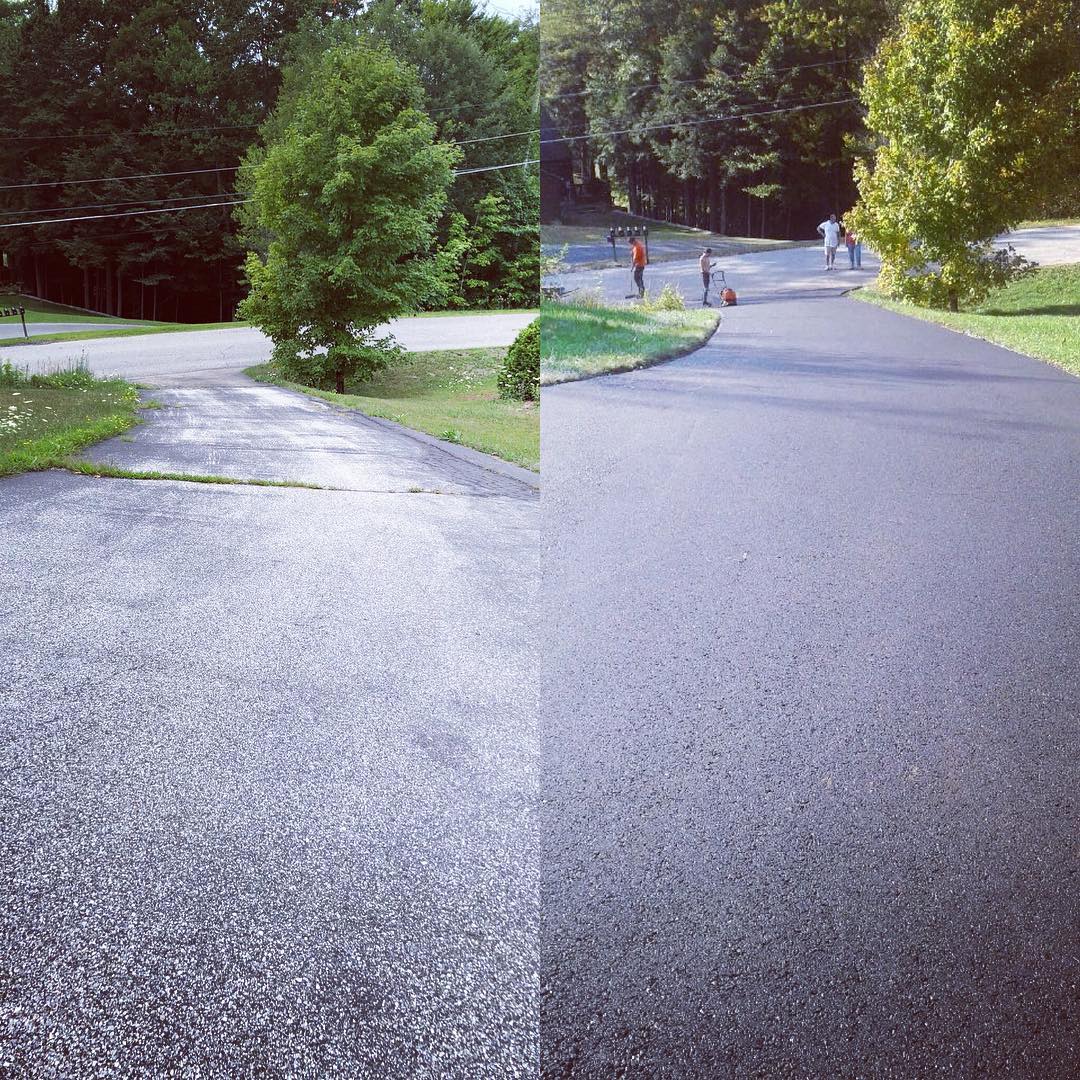 Congratulations on your new driveway! Asphalt contains liquid tar, which needs time to harden and cure. It takes 24 months for a fully cured driveway. Until then it will remain pliable and soft. Here are some recommendations to take the best care of your investment. DON’T park automobiles on it for at least two full days. DON’T walk on your new drive with high heel shoes, place lawn chairs, bicycle kickstands or any other sharp objects on it. They will create holes and depressions. DON’T move too fast. To avoid scarring, do not pull out too fast, pull in too quickly, or drive too fast on your asphalt driveway. Do not turn your steering wheel back and forth when your car is not moving! DON’T drive on the edge. The edges are the weakest part of your driveway due to the lack of side support. Do not drive on the edges, since they will crack and crumble in time. Building up the sides of your driveway with topsoil will support the edges after the grass has grown. DO use materials to distribute weight. During the initial curing time, do not park in the same spots all the time and do not use jack stands or car ramps unless you put a piece of plywood underneath. Large heavy vehicles can depress and cause ruts in your new driveway! If a camper or other vehicle will be stored for a long period, place a piece of plywood under the tongue jack and tires. DO water it down with a garden hose. Even when cured, asphalt can sometimes soften in extremely hot weather and harden as temperatures fall. To temporarily water your driveway with a garden hose in order to temporarily harden it. If soapsuds should appear, do not be alarmed! This is a reaction between the diesel fuel found in the asphalt and the Chlorine found in some city water. The snow has melted, the days are longer, and Memorial Day is around the corner. We are also well into our 2016 work season. While it would be our preference to work every day, sometimes Mother Nature does not cooperate. Weather in this area can vary between light sprinkles to heavy down pours. This raises the question of when can work in the rain?
Occasional light sprinkles should not be cause for us to shut down operations. However, a steady downpour will likely require us to reschedule. The Asphalt Institute sums it up best, asphalt pavements are designed to last for many years, so don’t let a sense of urgency to get the job done quickly allow you to make decisions which could strip years away from the pavement life. Source: http://www.asphaltinstitute.org/asphalt-maintenance-and-rehabilitation-faqs/ |
|
Gary Wells, Sr - President
Jennifer Wells - Manager OFFICE: 802-598-5025 FAX: 888-863-4825 EMAIL: [email protected] |
|

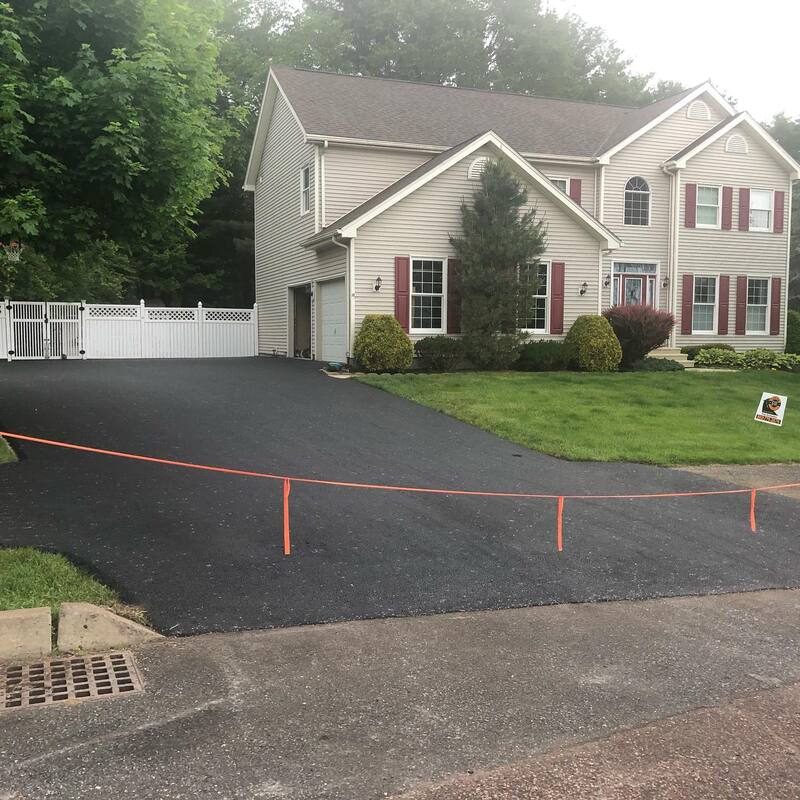
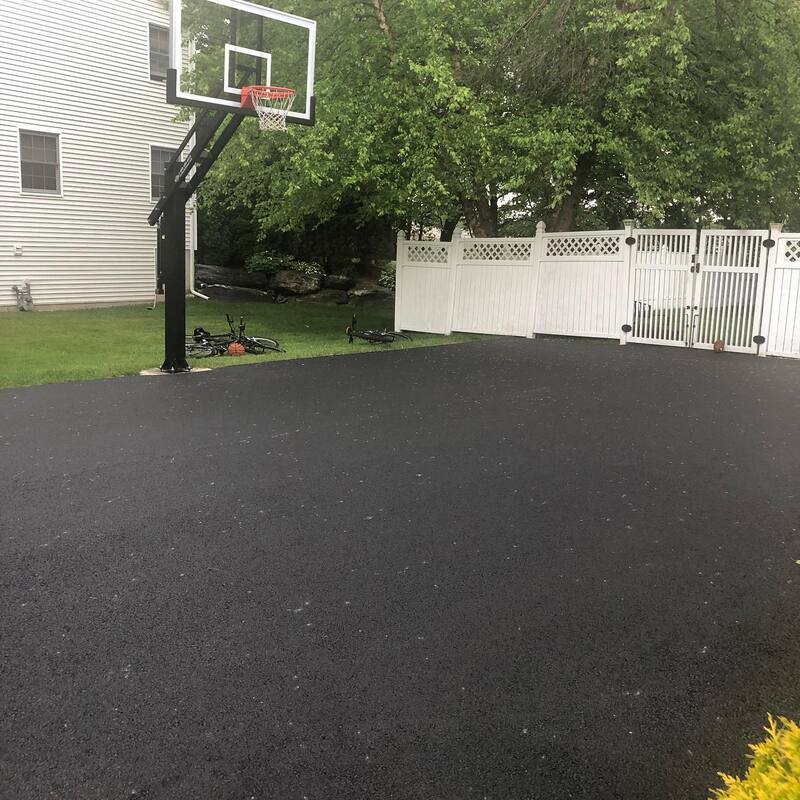
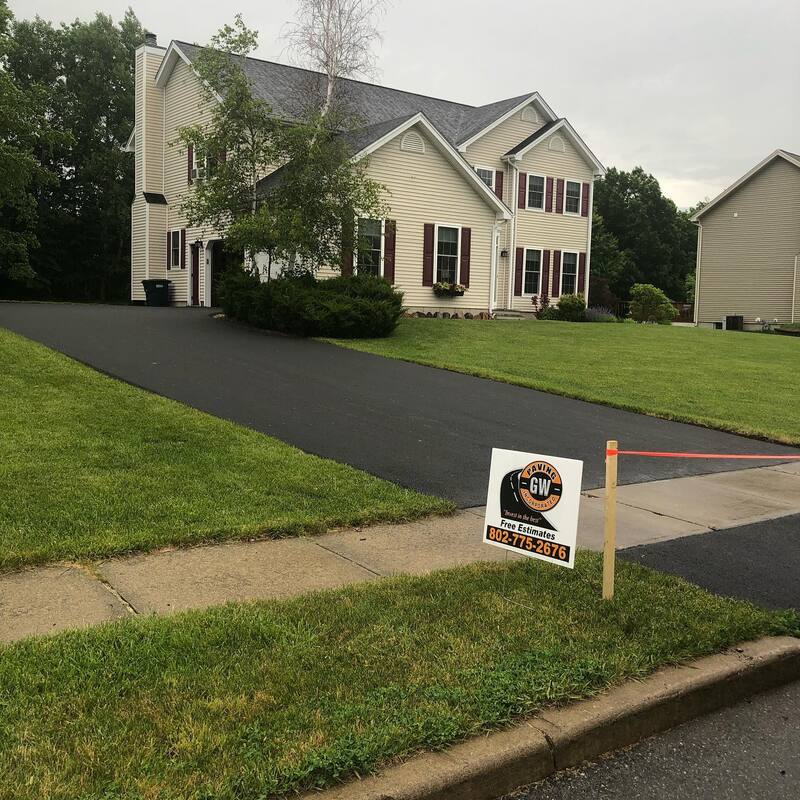
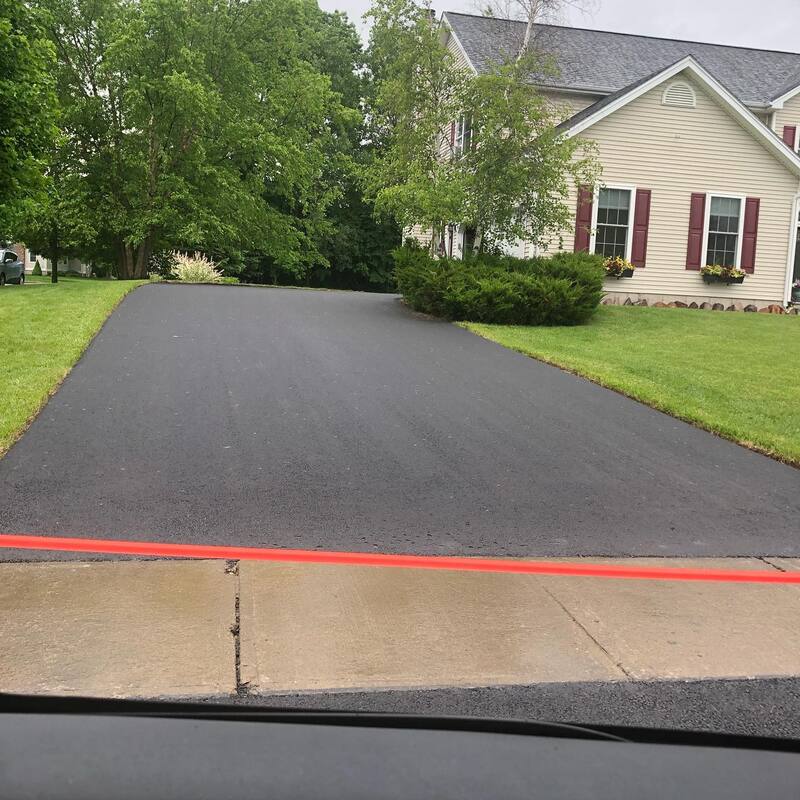
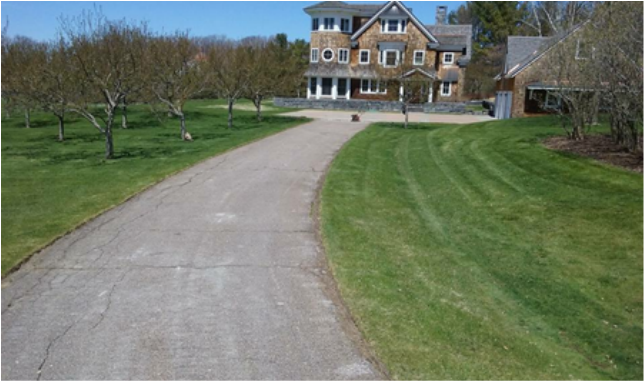

 RSS Feed
RSS Feed
